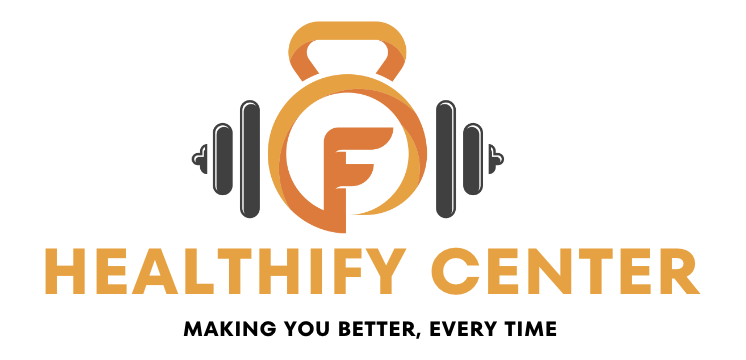Over the years, the field of medicine has seen tremendous advancements in technology that have transformed the way healthcare is delivered. In hospitals, these technological innovations are not only improving patient care and outcomes, but also increasing efficiency and reducing healthcare costs. As we move into the future, there are several exciting medical technologies that are being used in hospitals to revolutionize the way healthcare is provided.
One of the latest medical technologies being used in hospitals is telemedicine. This technology allows healthcare providers to remotely diagnose and treat patients using telecommunications technology such as video conferencing and mobile apps. Telemedicine has become especially valuable during the COVID-19 pandemic, as it allows patients to receive medical care without having to leave their homes, reducing the risk of exposure to the virus. Telemedicine is also being used to connect patients in rural or underserved areas with specialists in larger cities, improving access to care for those who may not have easy access to healthcare facilities.
Another cutting-edge medical technology being used in hospitals is robotic surgery. Robotic surgery systems, such as the da Vinci Surgical System, allow surgeons to perform minimally invasive procedures with increased precision and control. This not only results in shorter recovery times for patients, but also reduces the risk of complications and scarring compared to traditional open surgery. Robotic surgery has been used for a wide range of procedures, including prostatectomies, hysterectomies, and cardiac surgeries, and continues to expand its applications in various surgical specialties.
Artificial intelligence (AI) is also making its mark in hospitals, with the development of AI-powered diagnostic tools and predictive analytics. These technologies can analyze large amounts of medical data to assist healthcare providers in making more accurate diagnoses and treatment decisions. AI is also being used to predict patient outcomes and identify individuals at risk of developing certain medical conditions, allowing for early intervention and prevention. This can significantly improve patient care and lead to better health outcomes.
Additionally, 3D printing technology is being used in hospitals to create personalized medical devices and implants. This includes 3D-printed prosthetics, orthopedic implants, and even organs. 3D printing allows for the creation of custom, patient-specific medical devices, which can improve the fit and functionality of these devices, ultimately improving patient outcomes. It also offers the potential for on-demand manufacturing of medical devices, reducing the time and cost associated with traditional manufacturing methods.
Furthermore, wearable health technology is becoming increasingly integrated into hospital care. Devices such as smartwatches and fitness trackers can monitor patients’ vital signs, activity levels, and other health metrics, providing healthcare providers with valuable data for managing chronic conditions and detecting potential health issues. This technology can also empower patients to take a more active role in managing their own health, promoting healthier lifestyles and preventing disease.
Overall, the latest medical technologies being used in hospitals are revolutionizing the way healthcare is delivered, enhancing patient care, improving outcomes, and increasing efficiency. As technology continues to advance, we can expect to see even more innovative medical technologies emerge, further enhancing the quality and accessibility of healthcare for patients around the world.

















Leave a Reply